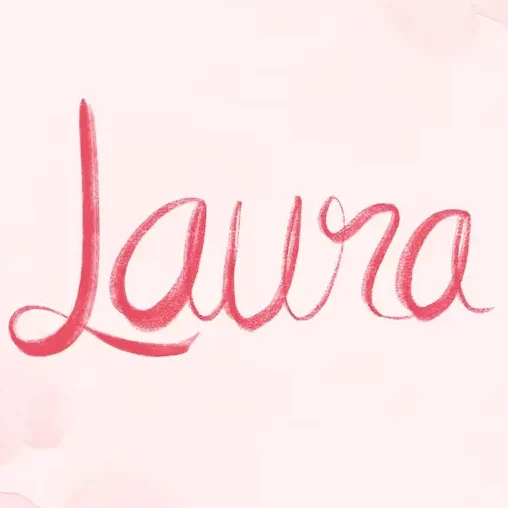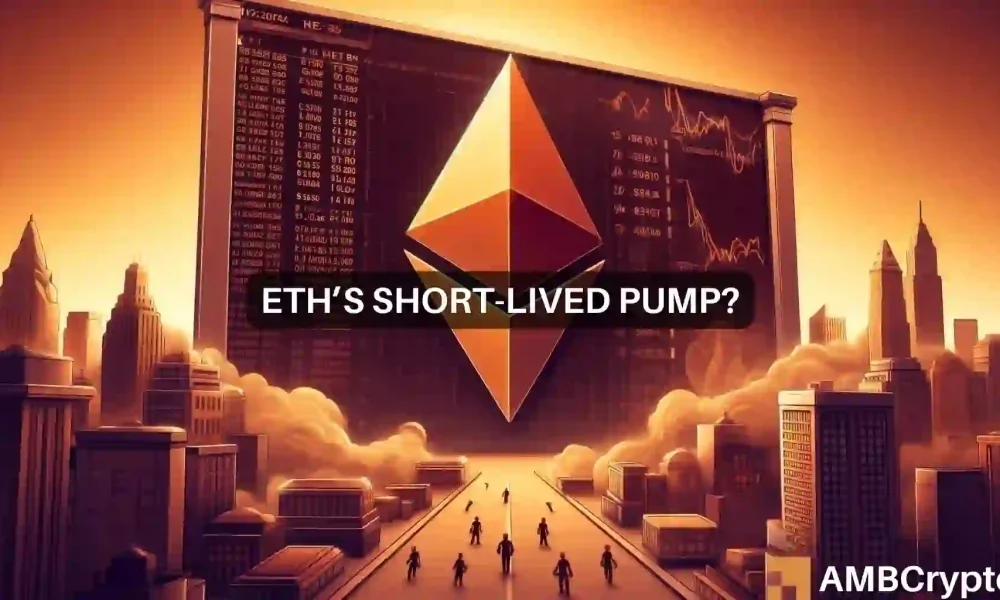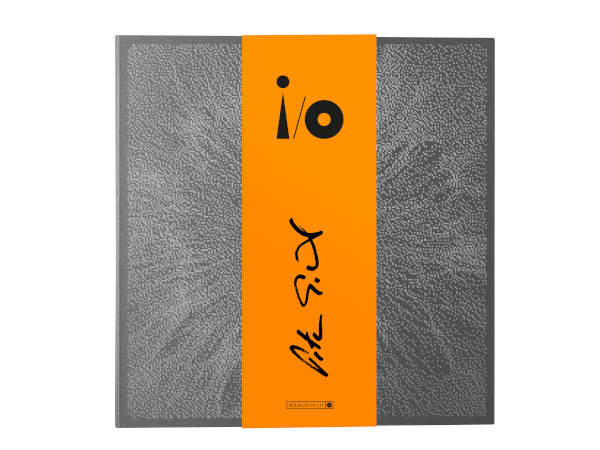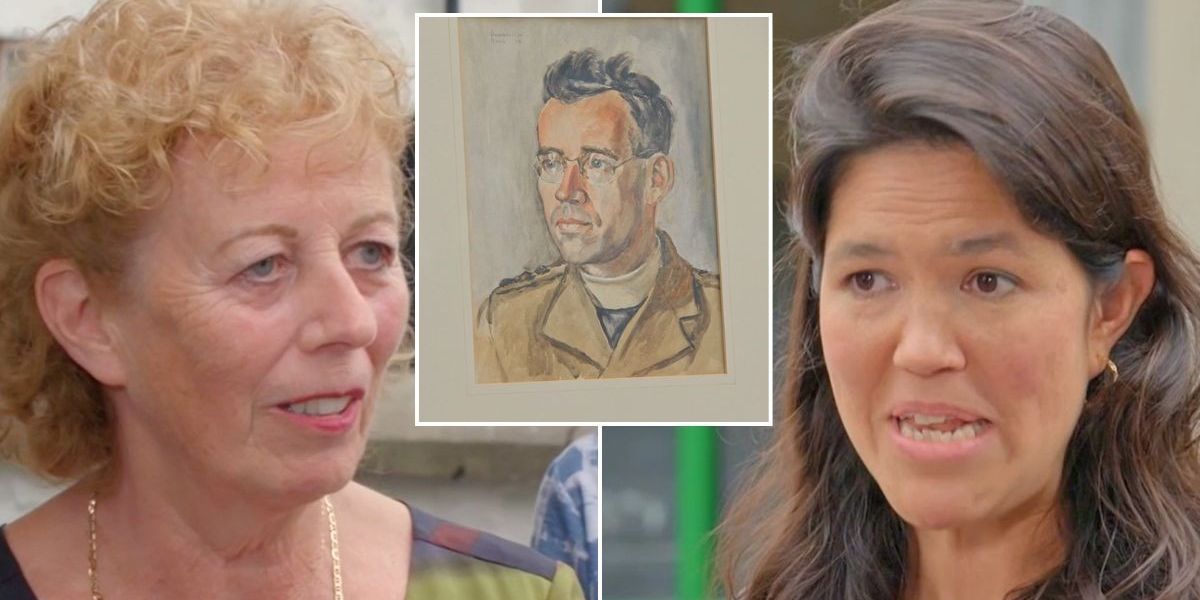Nintendo Life: Firstly, congratulations on Pepper Grinder! How does it feel to finally see the game come to Switch after seven years of work?
Riv Hester, Ahr Ech: Thanks! I wasn’t working on the game for the WHOLE seven years, but it’s definitely been a long road and it still doesn’t feel real to be done! I’m really excited to get it into everyone’s hands, though; some people have been waiting since the beginning and I can’t believe their patience.
Have the game’s core concepts changed very much over this time?
Not that much, actually! It’s been more of a process of refining and expanding on the core concepts, but everything works more or less the same as the original prototype. It just feels much, much more tight and responsive now in the release version.
This is a game that feels great to play with the drilling mechanic allowing for fluid flow and motion. How important was ‘game feel’ to you when developing Pepper Grinder?
Pepper Grinder is all about that game feel! I think finding joy in movement is the cornerstone of a good platformer and I tried to leverage that as much as possible. I spent a long time making sure the core movement was its own reward and then tried to build from there to make everything else as satisfying by extension. I’m a sucker for nice, crunchy feedback in games too, so I also went as hard as I could on good use of sound effects, screenshake and controller rumble. (Don’t worry though, I know some people can be overwhelmed by some of that stuff so you can turn it all down or off.)
Of course, it’s not all about blasting through things as quickly as possible. There are plenty of collectibles and time trial challenges to keep you coming back for more. Do you think that replayability is key for a good 2D platformer?
you can see influences from all my favourite platformers growing up
It probably depends on the platformer, but I definitely prefer the ones that extend things that way! Often I’ll be replaying anyway to really try to master a game, but getting to track my best times and unlock some goodies along the way is always appreciated, and I’m really glad I had time to add those features here!
Speaking of the game’s collectibles, we understand that the idea for Pepper Grinder’s sticker system originated from your love for Smash Bros. Melee’s Trophies. Can you tell us a little more about how Melee’s unlockables informed your approach to Pepper Grinder’s collectible items?
Yeah! I had a lot of fun unlocking trophies in Melee and even more in Brawl where you could arrange them in fun ways, so I wanted to do something like that in 2D for Pepper Grinder but expand on the ability to make weird scenes with it. You can get common stickers in shops and get special ones as rewards for the Time Attack mode, and all of them can be arranged however you like in various unlockable backgrounds. It won’t be for everyone, but I think it’s neat!

You have previously described the game as “Dig Dug plus Ecco The Dolphin,” though the likes of Drill Dozer and Sonic also came to our minds when playing. Are there any specific inspirations that you looked to during the game’s development?
Oh yeah, you can see influences from all my favourite platformers growing up in there. Donkey Kong Country 2, Yoshi’s Island, Sonic 2, 3 & Knuckles, Drill Dozer for sure though I only got to play that after starting work on Pepper Grinder. There are stages involving cannons that are just obvious love letters to Donkey Kong Country. There are also inspirations from other media like Tank Girl, Gurren Lagann, and the art of Yoshitomo Nara.
Pepper Grinder is one of an increasing number of neo-retro games to have arrived on Switch in recent years. Have you always been interested in tapping into this old-school aesthetic and how do you think Pepper Grinder stands out from the neo-retro crowd?
there are so many curveballs game development can throw at you
I do love the aesthetic of older games, but a lot of it has to do with scope as well. Pixel art takes a lot of practice to be able to express things well with it, but once you’re comfortable in that space it allows for a lot more speed and agility in terms of production, especially if you don’t have a big team. As for how it stands out, I honestly never put much thought into it. I just made a game I always wanted to play but could never find, and luckily it seems like a lot of other people want to play it too!
The retro feel extends beyond Pepper Grinder’s gameplay — we particularly enjoyed (virtually) flicking through its SNES-inspired manual! How closely have you worked with publisher Devolver Digital to maintain this aesthetic in the game’s marketing?
We’ve had a pretty constant back-and-forth and they had full access to all the game’s assets while putting that stuff together. Everyone at Devolver is just really good at their job and they were able to match what I was going for right away. The manual in particular was put together by Andy Kelly, who absolutely knocked it out of the park capturing the SNES style!

Laura Adams is a tech enthusiast residing in the UK. Her articles cover the latest technological innovations, from AI to consumer gadgets, providing readers with a glimpse into the future of technology.








